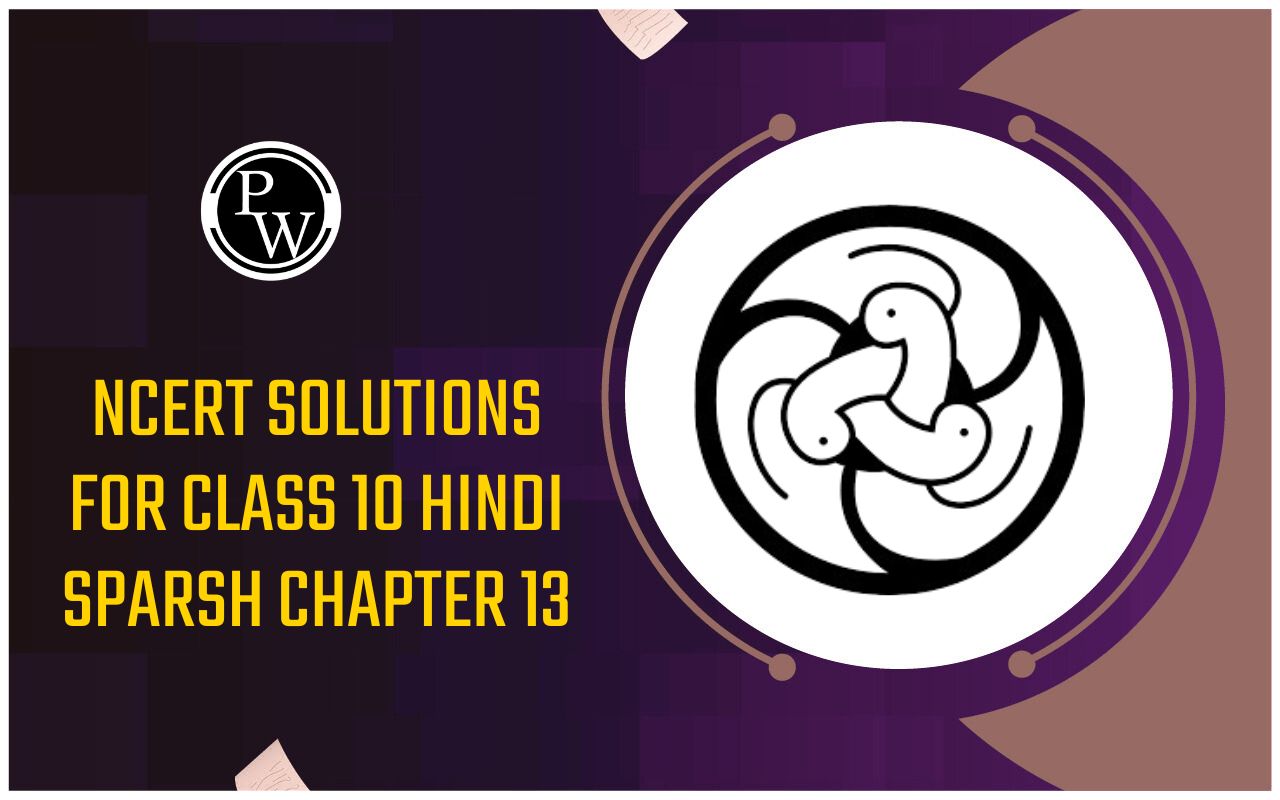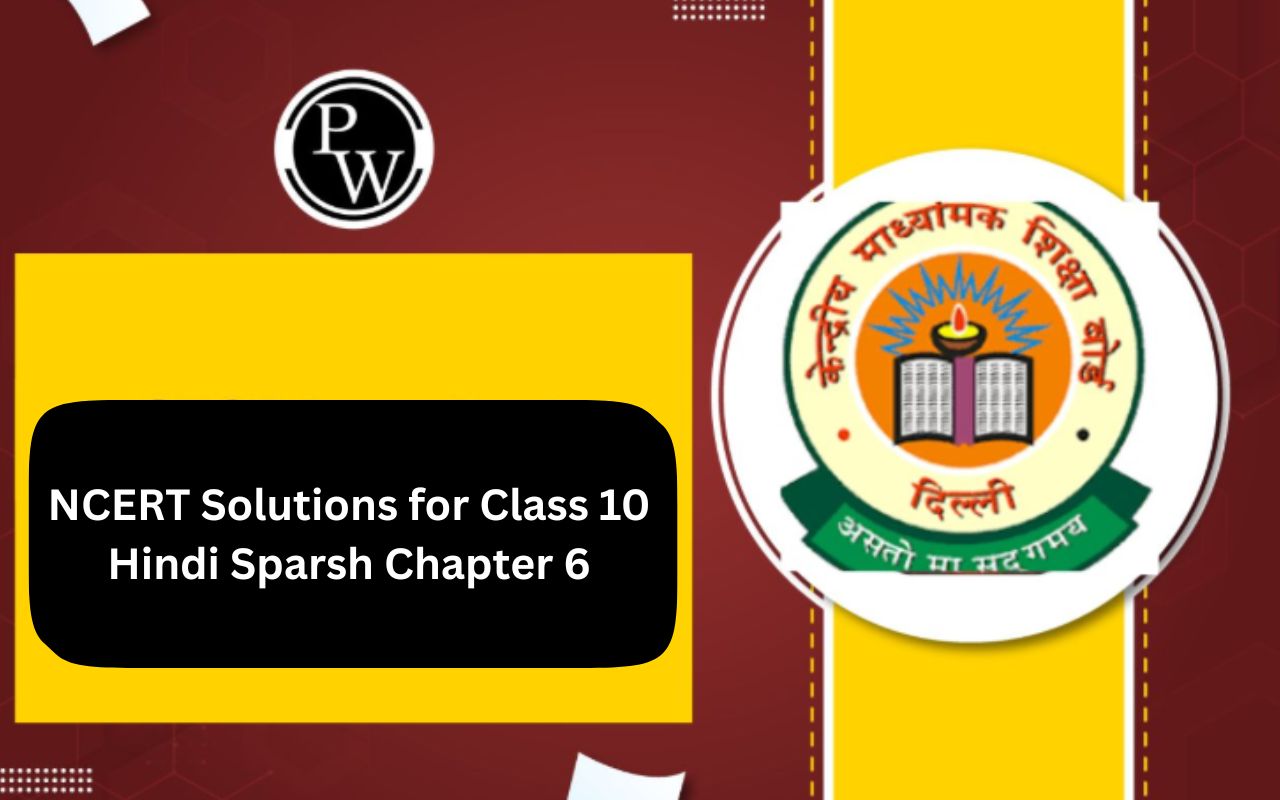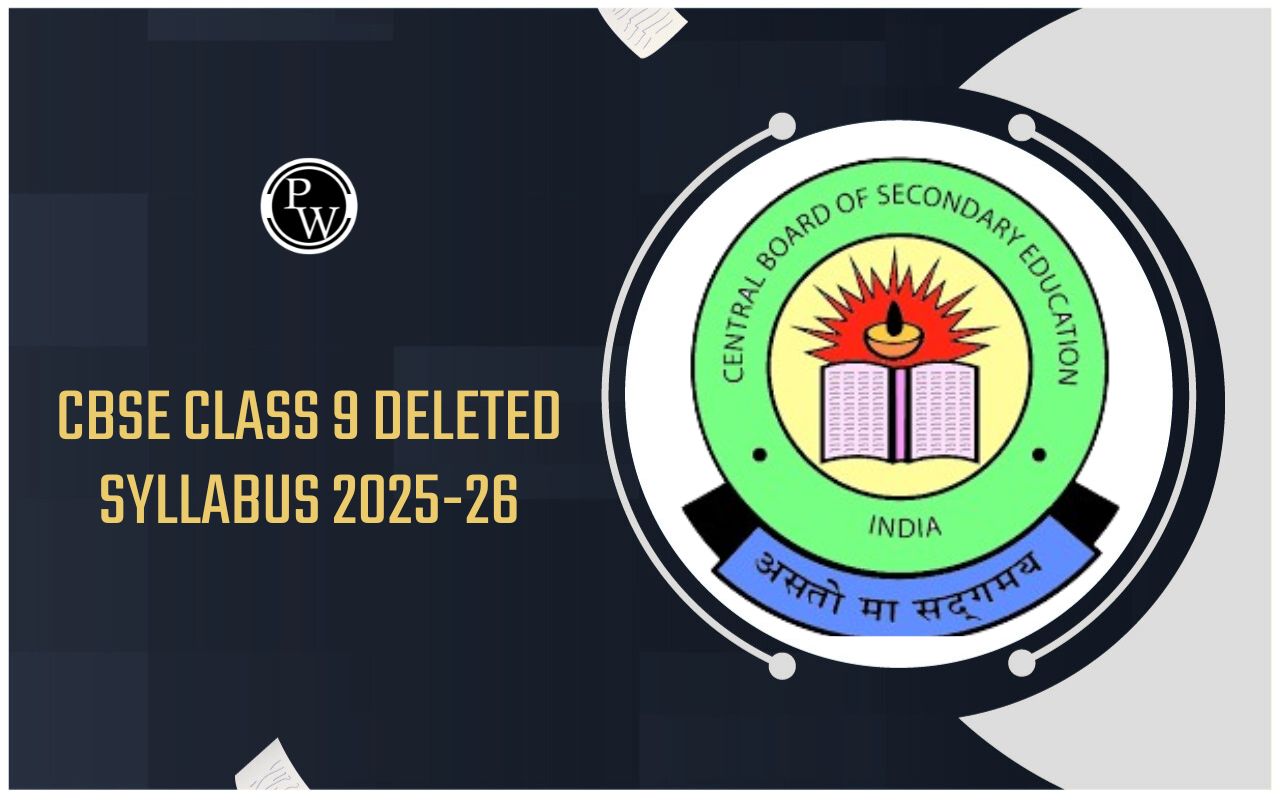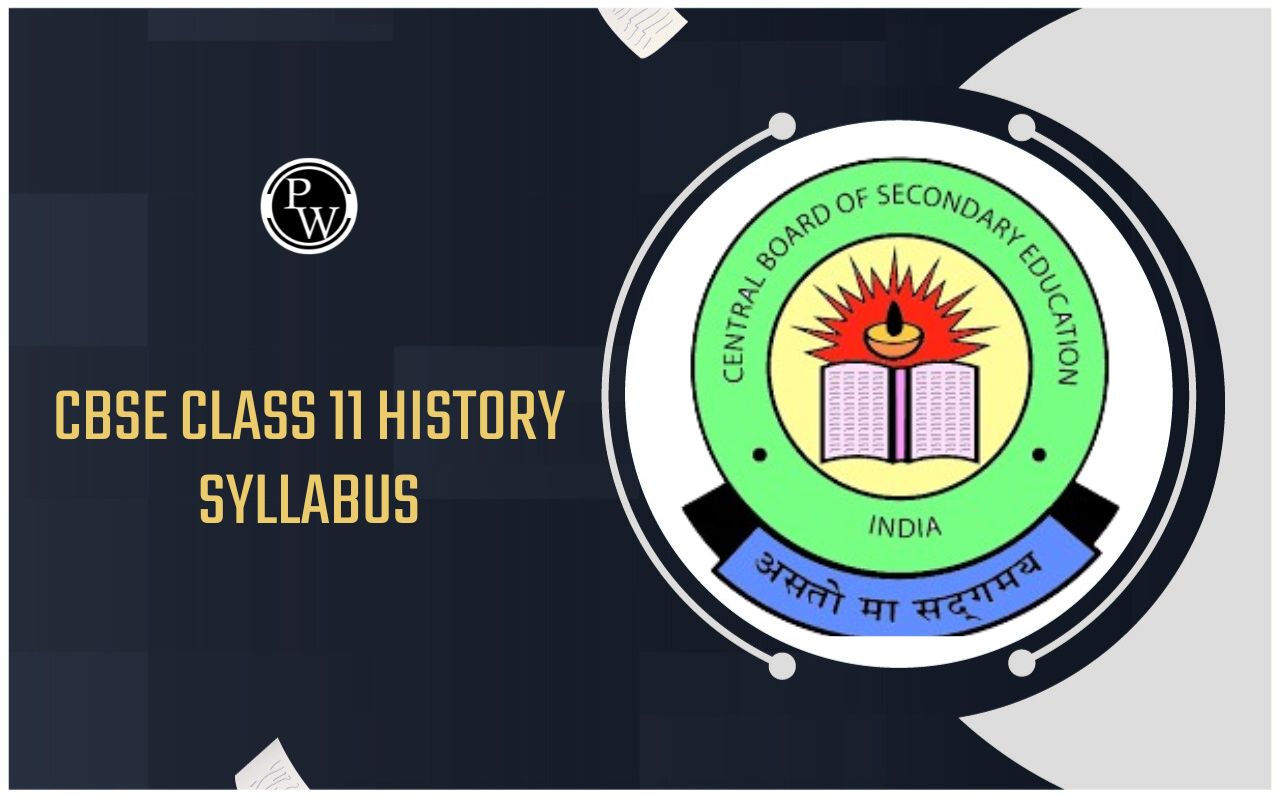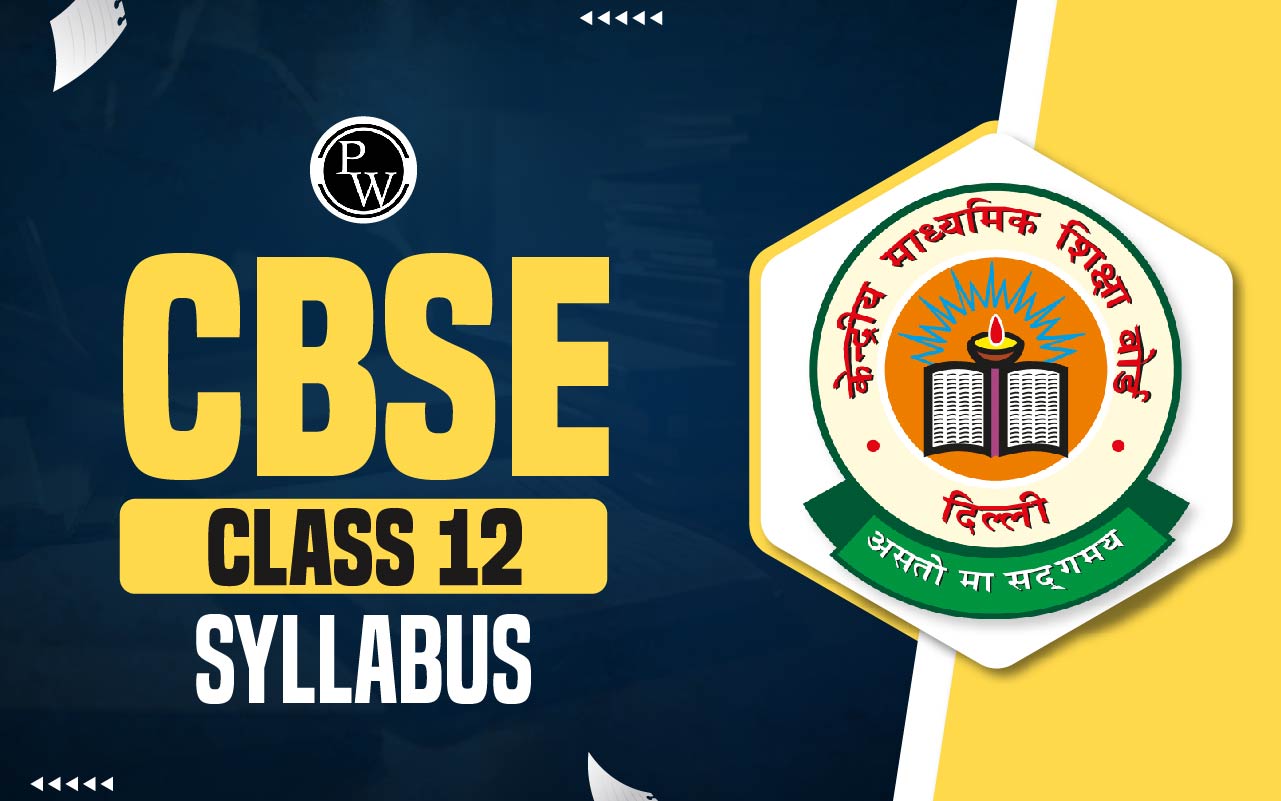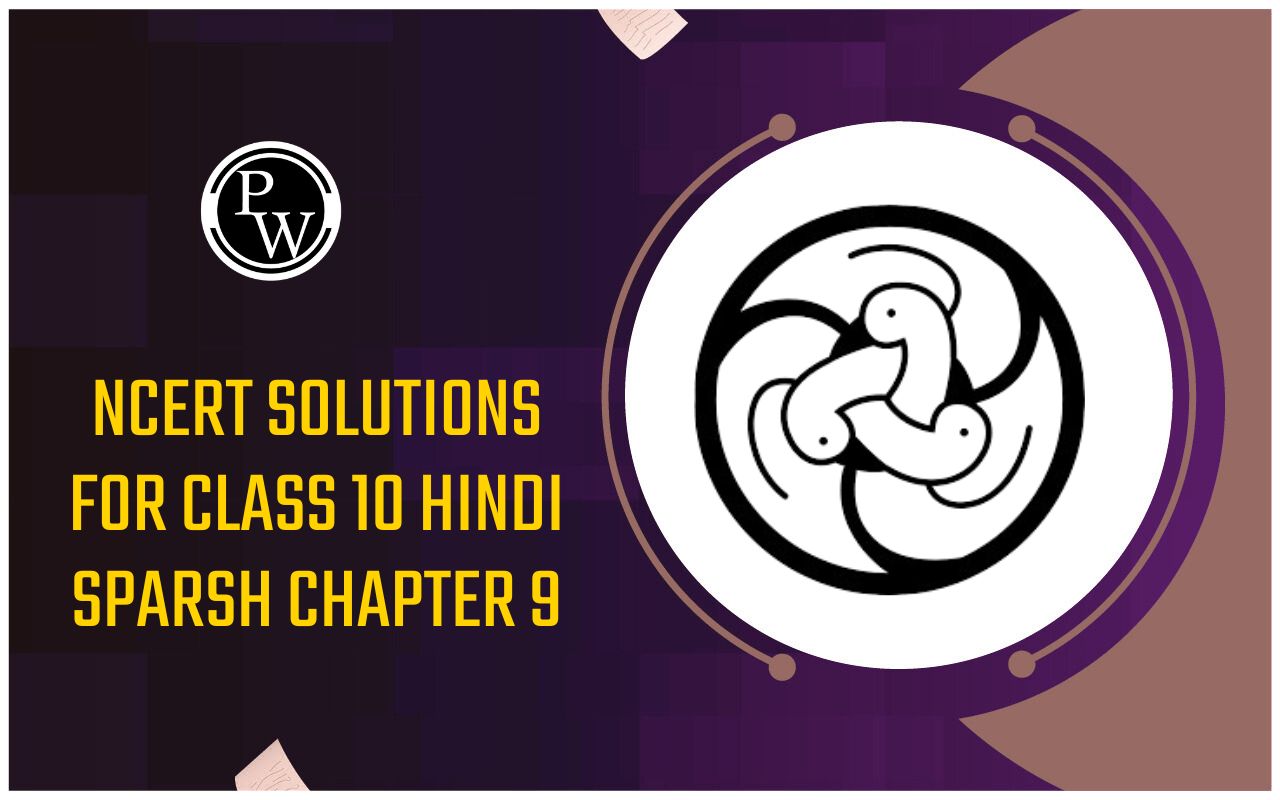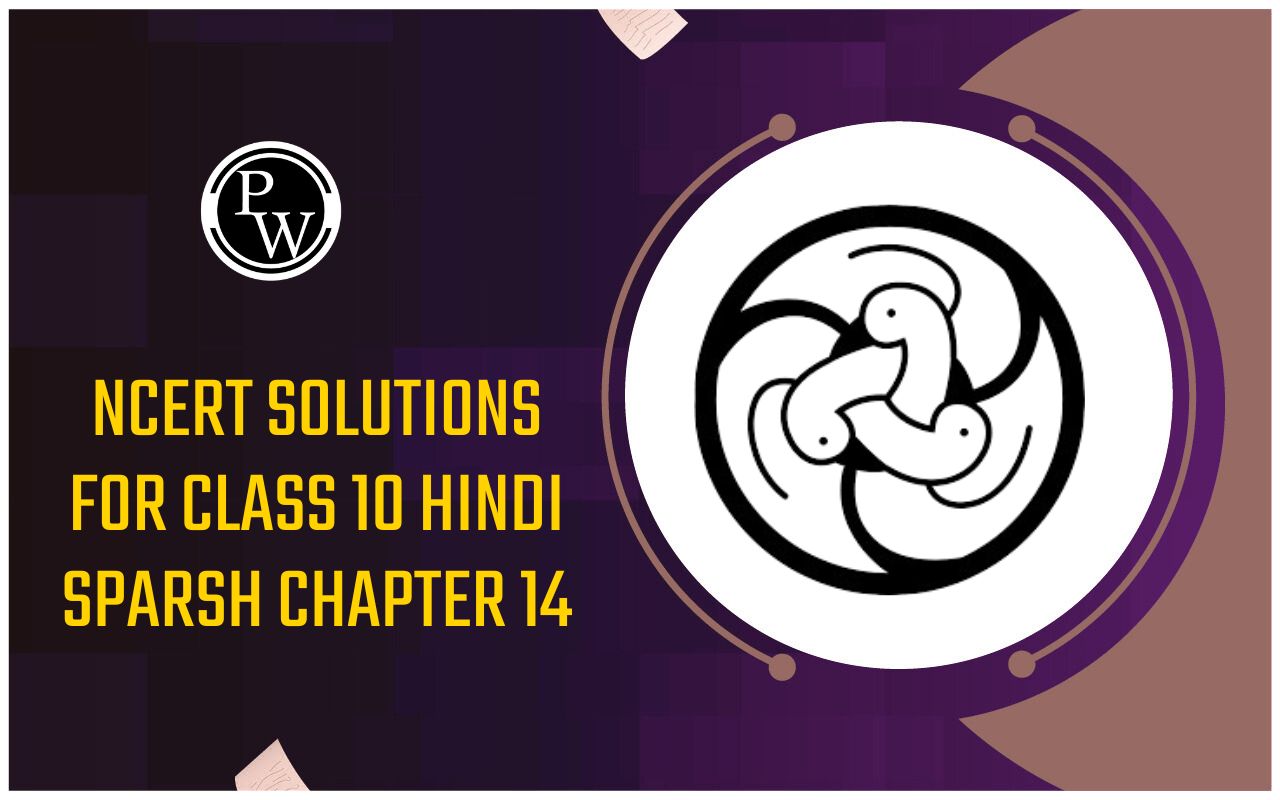
6 Letter Words
6 Letter Words: Fostering a robust English vocabulary in our children is a shared aspiration for many parents. Introducing longer words to young learners might pose a challenge, despite earnest efforts from parents. However, children bear a responsibility to bolster their word repertoire through diverse reading materials. Mastering English words and refining communication skills is a cherished goal for most kids. Hence, it becomes a joint duty for parents and educators to instill in them the enthusiasm for expanding their word bank.
For preschoolers, grappling with six-letter words can prove daunting, especially without prior familiarity with three and four-letter words. The preschool phase is optimal for introducing these shorter words, laying the groundwork for accurate pronunciation and word combination. Prioritizing learning shorter words before advancing to five and six-letter ones is key. Although six-letter words might seem challenging to grasp or retain, there are myriad techniques available to facilitate this learning journey. Engaging kids in activities like crossword puzzles and word games can significantly aid the process.
Effective communication hinges on adept vocabulary and pronunciation skills within the English language. As children become acquainted with six-letter words, constructing sentences with these words becomes effortless. The school years are opportune for delving into these longer words. Children, being swift learners, benefit from a solid grasp of the English alphabet and shorter word forms, enabling a smoother transition to comprehending six-letter words. To support this learning process, we've compiled a list of six-letter words to assist parents and kids alike.
List of 6 Letter Words to Increase Kids’ Vocabulary
Mastering six-letter words equips kids with a proficiency that enhances their reading and writing fluency. Familiarity with frequently used English words simplifies the learning process, fostering grammar prowess and refined communication skills among students. While imparting six-letter words may seem daunting, patience is key for parents and teachers. A patient approach encourages effective learning in children. Encourage them to employ newly acquired words in sentences, solidifying their understanding and usage. To facilitate efficient learning, we've curated a selection of six-letter words for parents and educators to impart to children.
List of 6 Letter Words in English
Here's a list of six-letter words with their meanings in a table format:
| Word | Meaning |
|---|---|
| Abroad | In or to a foreign country |
| Casual | Relaxed or informal |
| Around | On all sides; approximately |
| Couple | Two people or things of the same kind |
| Accept | To agree to receive or do something |
| Caught | Past tense of catch |
| Arrive | To reach a destination |
| Course | A direction or route taken |
| Access | The right to enter or use |
| Centre | Middle point or focus |
| Artist | A person skilled in creative activity |
| Covers | To place something over or upon |
| Across | From one side to the other |
| Centum | A hundred in Latin |
| Aspect | A particular part or feature |
| Create | To bring something into existence |
| Acting | Pretending or performing as an actor |
| Chance | An opportunity or possibility |
| Assess | To evaluate or estimate |
| Credit | To acknowledge or praise |
| Action | A thing done; deed or act |
| Change | To make or become different |
| Assist | To help or aid |
| Crisis | A time of intense difficulty |
| Active | Engaged in action |
| Charge | To demand a price; accusation |
| Assume | To suppose something to be the case |
| Custom | A habitual practice or tradition |
| Actual | Existing in fact or reality |
| Choice | An act of selecting or making a decision |
| Attack | To take aggressive action |
| Damage | Physical harm or injury |
| Advice | Recommendation or guidance |
| Choose | To pick from a selection |
| Attend | To be present at |
| Danger | The possibility of something harmful |
| Advise | To offer suggestions or counsel |
| Chosen | Selected or preferred |
| August | The eighth month of the year |
| Dealer | A person who sells goods |
| Affect | To have an influence on |
| Church | A place for Christian worship |
| Author | Writer of a book or article |
| Debate | A formal discussion or argument |
| Afford | To be able to buy or do something |
| Closed | Not open or accessible |
| Barely | Only just; almost not |
| Defeat | To win a victory over |
| Agenda | A list of items for discussion |
| Closer | Near in space or time |
| Battle | A fight between armed forces |
| Defend | To protect against an attack |
| Almost | Nearly; not quite |
| Coffee | A hot drink made from roasted beans |
| Beauty | A combination of qualities pleasing to the senses |
| Define | To state the meaning of something |
| Always | At all times |
| Column | An upright pillar or post |
| Became | Past tense of become |
| Degree | A unit of measurement or level |
| Amount | Quantity or total |
| Combat | A fight or struggle |
| Animal | A living organism |
| Coming | Approaching or arriving |
| Before | In advance or ahead of |
| Depend | To rely on or be influenced by |
| Annual | Occurring yearly |
| Common | Ordinary; occurring frequently |
| Belief | Trust, faith, or confidence |
| Answer | A response to a question |
| Comply | To act in accordance with a rule |
| Behind | At the back of |
| Desert | A dry, often sandy, region |
| Anyone | Any person |
| Copper | A reddish-brown metal |
| Anyway | In any case or regardless |
| Corner | A place where sides meet |
| Belong | To be the property of |
| Appeal | To make a request |
| Costly | Expensive or high-priced |
| Beaker | A small glass or plastic cup |
| Appear | To come into sight |
| County | A division of a state or country |
| Better | Of superior quality |
| Detail | A small part of a whole |
| Beyond | Farther than; on the other side |
| Budget | A plan for spending money |
| During | Throughout the course of |
| Bishop | A senior member of the clergy |
| Burden | A heavy load or responsibility |
| Easily | Without difficulty |
| Eating | Consuming food |
| Dinner | The main meal of the day |
| Bottle | A container for liquids |
| Button | A small disk used to fasten |
| Editor | A person who edits |
| Direct | Straightforward or without intermediaries |
| Bottom | The lowest part or base |
| Camera | Device for taking photographs |
| Effect | A result or consequence |
| Doctor | A medical practitioner |
| Bought | Past tense of buy |
| Cancer | A disease involving abnormal cell growth |
| Effort | Physical or mental exertion |
| Branch | A part of a tree |
| Cactus | A type of succulent plant |
| Eighth | The ordinal number eight in a series |
| Domain | An area or territory |
| Breath | The air taken into or expelled from the lungs |
| Carbon | A chemical element |
| Either | One or the other |
| Double | Twice the quantity or size |
| Bridge | A structure spanning a gap |
| Career | A person's occupation or profession |
| Bright | Full of light or shining |
| Castle | A large fortified building |
| Emerge | To come forth into view |
| Driver | A person who drives a vehicle |
Importance of Learning 6 Letter Words
Learning new words is crucial for building vocabulary and communication skills, particularly in children. Kids are adept at grasping new vocabulary, making their school years an ideal time to introduce longer words, such as 6-letter words, into their learning. Parents and educators play a pivotal role in instilling a love for learning new words. Once in school, children delve deeper into English grammar, fortifying their communication prowess. Here are some advantages of incorporating 6-letter words into their vocabulary:
Language and Communication Skills: Early exposure to an array of words helps children build a robust vocabulary, enhancing their ability to articulate thoughts effectively.
Reading Comprehension: A strong command over language empowers children to comprehend academic texts better, emphasizing the importance of a broad vocabulary for improved reading skills.
Confidence Boost: Mastering 6-letter words aids in refining reading, writing, and communication abilities. Positive word learning can enhance memory, attention, and multitasking skills, fostering confidence throughout their academic journey.
Teaching these words to kids might seem challenging, but employing simple yet engaging methods proves effective. Encouraging children to use these words in sentences and incorporating word games, puzzles, flashcards, and interactive activities into their learning routine can make the process enjoyable. Instead of rote learning, engaging activities that visualize concepts help solidify their word knowledge through vivid imagery. This approach ensures a more engaging and effective learning experience for children.
| Related Links | |
| Parts of Speech | Noun |
| Abstract Nouns | Common Nouns |
| Compound Words | |
6-Letter Words FAQs
What Are 6-Letter Words?
Why Are 6-Letter Words Important?
Where Can I Find Lists of 6-Letter Words?
How Can I Use 6-Letter Words to Improve Language Skills?
Can 6-Letter Words Help in Scrabble or Other Word Games?

